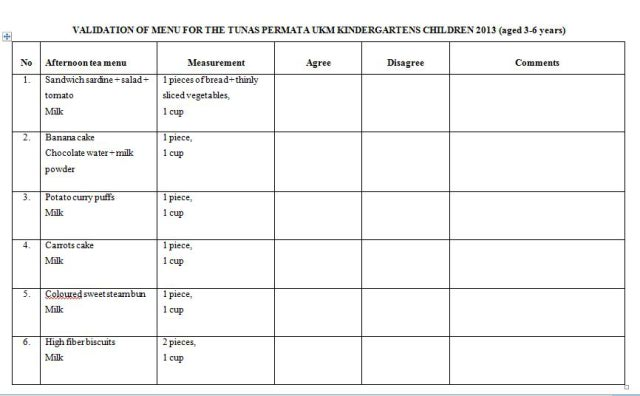Are There Dangers to Eating Too Much Protein?
1. Kidney Damage: Consuming excessive protein, especially over a prolonged period, can put strain on the kidneys. The body has to work harder to process and excrete the extra nitrogen that comes from protein metabolism, which can lead to kidney stones and, in severe cases, kidney failure.
2. Dehydration: High-protein diets often restrict carbohydrate and fat intake, which can result in inadequate fluid intake. Without sufficient carbohydrates, the body cannot store glycogen effectively, leading to increased urination and potential dehydration.
3. Nutrient Imbalances: Diets very high in protein may displace other essential nutrients from the diet. For example, a focus on protein-rich foods can reduce the intake of fruits, vegetables, and whole grains, leading to deficiencies in vitamins, minerals, and fiber.
4. Increased Risk of Cardiovascular Disease: While protein itself is not directly linked to cardiovascular issues, certain high-protein diets may be associated with increased levels of saturated fat and cholesterol. Consuming excessive amounts of red meat, processed meats, and full-fat dairy products as part of a high-protein diet can contribute to the development of heart disease.
5. Bone Loss: Some studies have suggested that excessive protein intake may increase calcium excretion, leading to a loss of bone density over time. Calcium is crucial for bone health, and an imbalanced intake of protein and calcium can contribute to osteoporosis.
6. Gastrointestinal Issues: Consuming large amounts of protein can cause digestive problems, including constipation, bloating, and gas. This is because high-protein diets can reduce the water content of stools and slow down digestion.
7. Ketosis and Acidosis: Very high-protein diets, particularly those low in carbohydrates, can lead to ketosis, a state in which the body burns fat for energy. While ketosis can have short-term benefits, prolonged ketosis and excessive protein intake can cause the blood to become acidic, a condition known as metabolic acidosis.
It's important to note that the dangers of excessive protein intake are mainly associated with very high-protein diets (often higher than 2g of protein per kilogram of body weight per day) sustained over a long period. A balanced diet that includes a moderate amount of protein, along with other essential nutrients, is recommended for optimal health. Consulting a healthcare professional or a registered dietitian is advisable before making drastic changes to your protein intake.
-
stuck at 30% body fat
QuestionHello, I have been trying to lose weight for the last yea
-
Vitamins or diet -- which one is better to curb cravings?
QuestionI have just started going to the gym and am wondering if
-
healthy eater having trouble with weight loss
QuestionQUESTION: Hello, Im a 130lb, 57, 25 year old gluten-free
-
lactose/vitamins
QuestionI had two questions. I was comparing some different
-
NUTRITION LABEL ON A FOOD CAN/BOTTLE
QuestionIS 25%(?) A GENERAL RULE OF THUMB AVERAGE OF AN AMOUNT OF
-
Recovery Days
QuestionCari I am 56. Finally starting to see slow but steady wei



